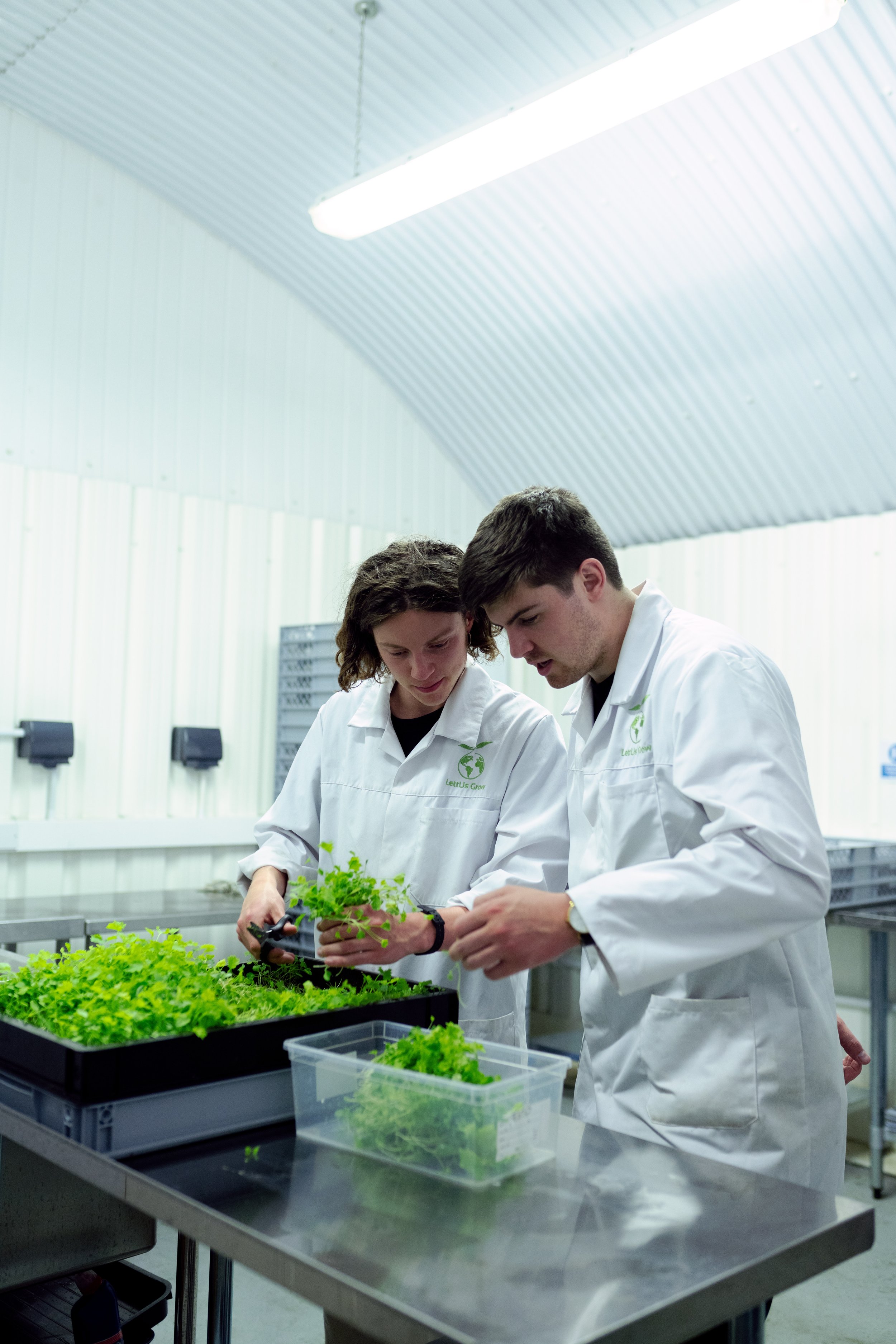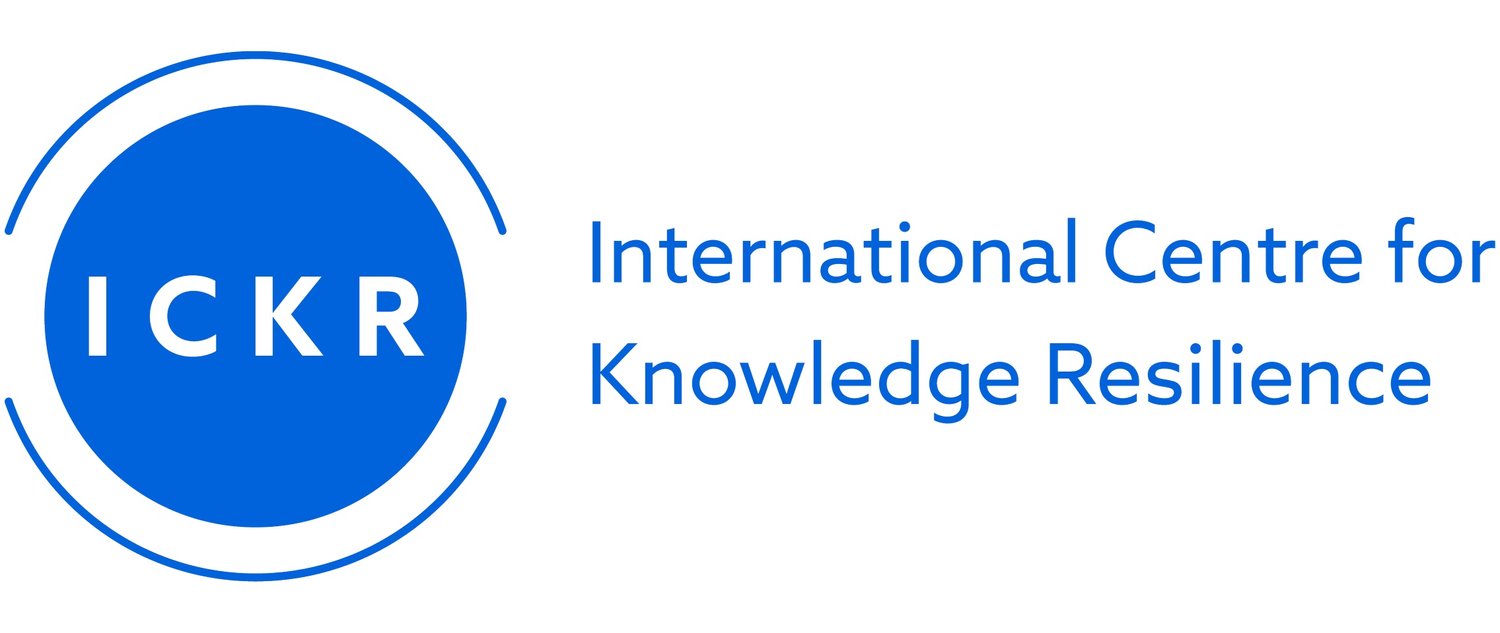Our research
We work collaboratively with researchers, growth-minded companies, and entrepreneurs to create knowledge, systems, and solutions that develop the innovative leaders of the future.
Research domains
Our fusion of innovation, knowledge ecosystems, education, and policy development makes us a unique player in the international context.
-
Experts, stakeholders, and entities within the university sector are agents of transformation capable of engaging the complex and urgent challenges of social and economic sustainability.
Focus
How can universities best fulfil their role as knowledge-brokers, connectors, and drivers of innovation in their local, regional, and international environments?
We focus on experts, universities, and their ecosystems in reference to critical issues that demand substantial knowledge resilience such as sustainability, ecological transition, digitalisation, Industry 4.0 and the future economic paths of both developing and economically complex countries.
Subtopics
Building engagement and impact capacity within university ecosystems for more successful knowledge exchange and translation outcomes
Universities as drivers of innovation
Optimising university-industry cooperation to drive resilient knowledge ecosystems
Aim
Our aim is to enable universities to become harbours of stable knowledge resilience in an immensely turbulent and challenging world.
-
Graduate researchers represent the foundation of future expertise and transformation. The degree of engagement, entrepreneurial intent, and openness of their university context defines their mindset.
Focus
What are the experiences and roles of graduate researchers within universities and their broader ecosystems?
Our research agenda is distinguished by a strategic focus on researching, evidencing and leading best practice in graduate research experience, innovation, and sustainability.
Subtopics
Graduate research programs
The experience of students and understanding that journey
The complexities of student wellbeing in the research context
Developing appropriate policy, strategy, and monitoring tools for optimal student experience outcomes
The changing nature of the graduate research profile
The role of innovation and entrepreneurship in the educational/research mix
Aim
We aim to contribute to scholarly, governmental, and institutional conversations on how best to train, retain and support graduate researchers as they journey towards their role as future thought leaders capable of delivering the depth of knowledge capital required for future economic and social prosperity.
-
How can the seismic shifts in political and economic power, embedded social polarisation, and challenges to global governance be successfully negotiated at the local, national, and regional levels?
Universities can influence wider economic, social, and environmental systems to support productive, innovative, and sustainable futures.
Focus
We focus on the cultivation of informed and authoritative knowledge—through research, development, and translation—as a foundation of resilient social, economic, and governance systems.
Subtopics
The behaviours, capabilities, and structures of entrepreneurial universities within their wider industry, government, and social ecosystems
Utilising knowledge ecosystems to confront wicked challenges such as Industry 4.0, climate resilience, economic resilience and social cohesion, innovation for good, and the responsible use of technology
Aim
Our aim is to contribute to the building of critical knowledge infrastructures in societal, economic, and policy domains able to meet twenty-first century challenges.
Outputs
Projects
Training and program deliverables
Project reports
Social media sharing
European Commission publications
Publications
Academic publications
Reports
Contracted research outputs
Citations
Media mentions

Our researchers have delivered a significant body of work through government reports, industry consulting and higher education training and support services, but there’s more work to do
